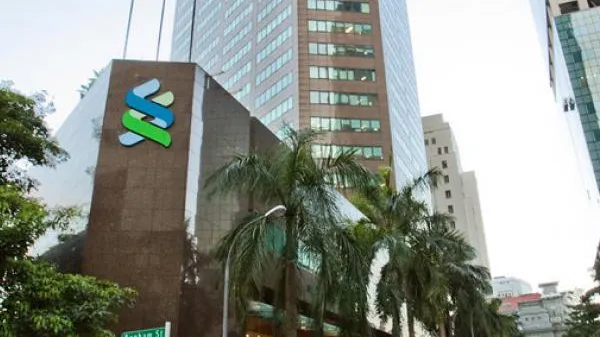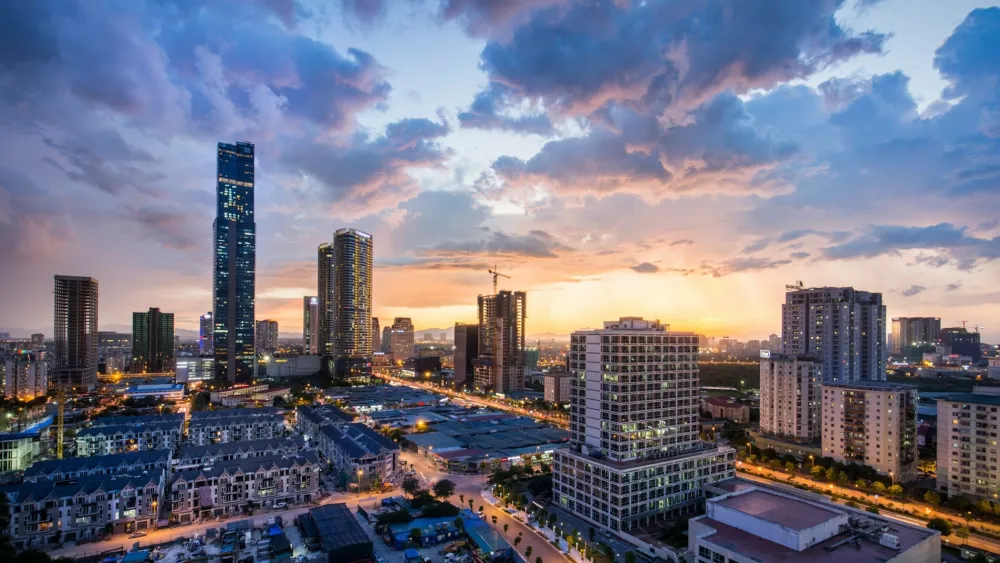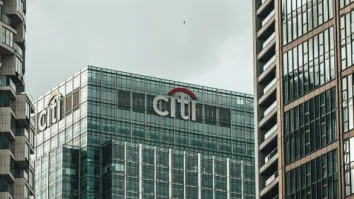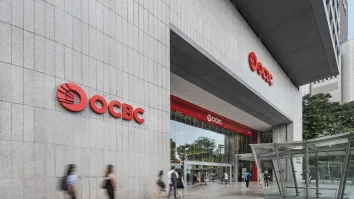
Standard Chartered grants first green banker’s guarantee in ASEAN
ENGIE is building an underground district cooling system for Singapore.
Standard Chartered and power utility firm ENGIE Southeast Asia have announced the successful execution of the bank’s first Green Banker’s Guarantee in Singapore. This is Standard Chartered’ first Green Banker’s Guarantee executed in ASEAN.
The guarantee is required from ENGIE by JTC in order for the firm to fulfil its contractual obligations to build, own, and operate an underground district cooling system for Singapore’s Punggol Digital District.
JTC is a local government agency under Singapore’s Ministry of Trade and Industry that champions sustainable industrial development
The Green Banker’s Guarantee has a renewable tenure of up to 33 years and is executed in the form of a performance bond in favour of JTC as security for the performance by ENGIE of its obligations and liabilities under the project agreement.
Upon full development, the district cooling system will achieve reduction of energy consumption and will be qualified against ENGIE's verified Green Financing Framework.
Patrick Lee, Cluster CEO, Singapore & ASEAN Markets (Malaysia, Vietnam, Thailand and representative offices) of Standard Chartered, said that the bank is ‘proud’ to provide support to ENGIE.
“More importantly, this demonstrates Standard Chartered’s ability to partner with our clients in achieving their sustainability goals as we seek to move the needle on progressing both the bank and corporates’ sustainability agendas,” Lee said.
Lee noted that the private sector has a big role to play in advancing Singapore’s sustainability journey, and said that the bank plans to work with more companies to realise this green ambition.
In 2020, ENGIE reportedly mandated that all projects must undergo a comprehensive ESG assessment and calculation of emissions, as well as the decarbonising effect that they provide to their clients, thus demonstrating economic and environmental value to increase investment and innovation.
Going forward ENGIE said that it will only invest in projects compatible with its carbon ambition and is committed to Net Zero Carbon by 2045 for all 3 scopes.
Greenhouse gas emissions are categorised into three scopes by the Greenhouse Gas (GHG) Protocol, the most widely-used international accounting tool for such. Scope 1 covers direct emissions from owned or controlled sources; scope 2 covers indirect emissions from the generation of purchased electricity, steam, heating and cooling consumed by the reporting company; and scope 3 includes all other indirect emissions that occur in a company’s value chain.



















 Advertise
Advertise













